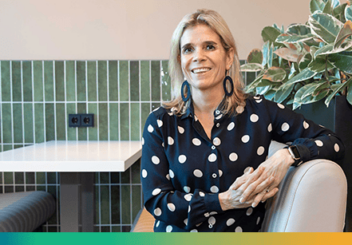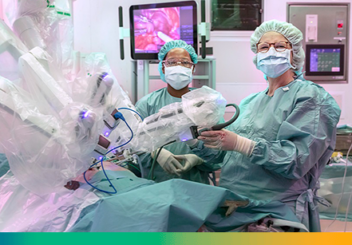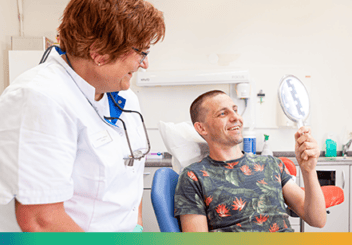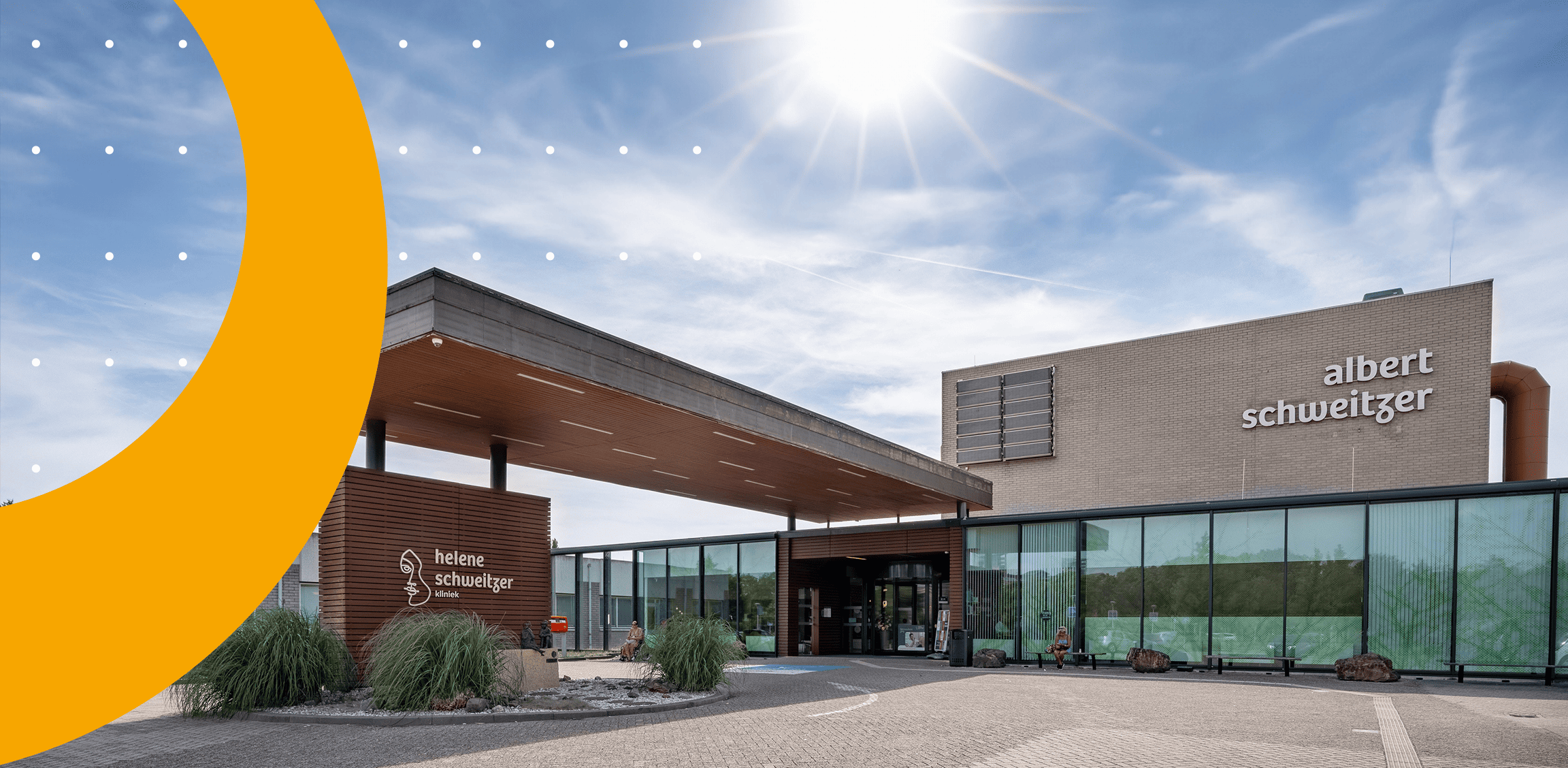
The proliferation of independent treatment centres, with their shorter waiting times, has drawn elective care away from hospitals. This trend was also observed at the Albert Schweitzer Hospital. In response, the Helene Schweitzer Clinic in Zwijndrecht opened its doors on May 22, 2023. This clinic, operating from Monday to Friday, offers planned, low-complexity surgeries across eight specialties.
The seeds for the clinic were sown several years ago during the formulation of the long-term strategy for the Albert Schweitzer Hospital, explains Juul te Veldhuis, the manager of the Helene Schweitzer Clinic. “We noticed a significant flow of low-complexity elective care from our hospital to independent treatment centres, while this care holds considerable importance for us for various reasons. As a teaching hospital, these procedures provide an ideal learning ground for medical professionals. Moreover, as a hospital, we aspire to provide healthcare services to all residents of the region. These procedures also generate revenue to finance less profitable treatments.”


Market Research
Initially, the plan was to convert the Zwijndrecht location into a day treatment centre. However, following the Covid pandemic, when it became apparent that elective care requiring overnight stays was being diverted from various specialties, the scope was expanded. Market research conducted by Performation assessed their market share across several disciplines and its evolution over preceding years.
Te Veldhuis explains, “This revealed that we had lost market share in the segment of relatively healthy elective patients. We were keen on reclaiming that share.” Hence, the concept of a clinic with a virtual perimeter was conceived, ensuring that elective care is never downscaled unless under serious emergency conditions. Decision documents outlined aspects such as investments, costs, feasibility, and implications for personnel and resources, upon which the board of directors gave the green light for the project.
Going Live
A core team collaborated with the eight specialisations to establish agreements regarding realistic access and waiting times. It was stipulated as part of the service level agreement that the agreed-upon care would always be provided. This entails ensuring the availability of requisite capacity and materials, as well as more efficient scheduling.
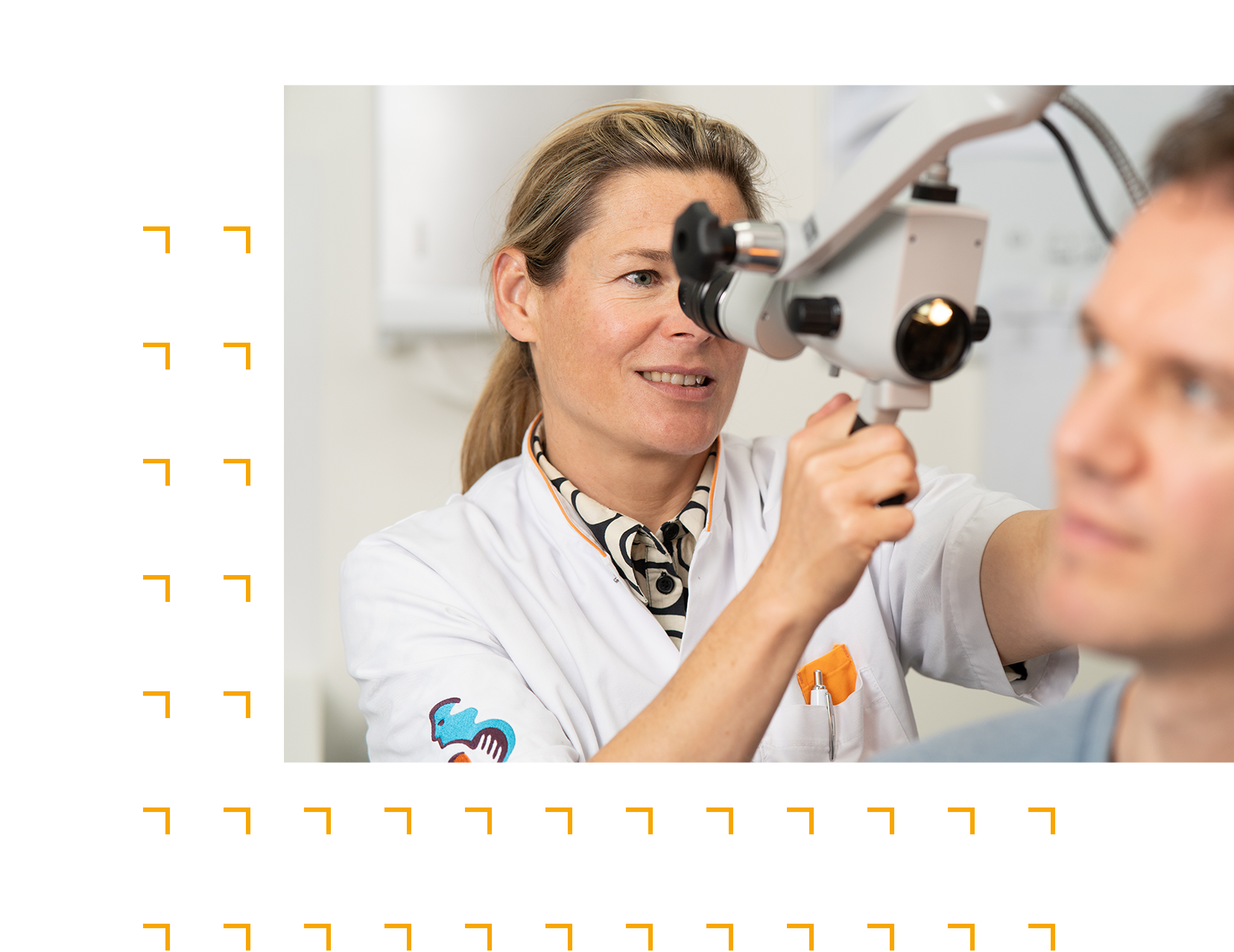

To execute the plan, various working groups were formed, allowing involved employees to contribute ideas, a gesture greatly appreciated. Additionally, employees underwent supplementary hospitality training. A consortium of general practitioners volunteered to contemplate aftercare, accessibility, and professional development. Thus, progress was made towards the goal of going live within a year and a half.
Mutual learning
ENT stands as one of the specialties that have transitioned all surgeries to the Helene Schweitzer Clinic. ENT specialist Anne Bischoff expresses satisfaction with the clinic: “We have representation from all eight departments on the board, and everyone is equally enthusiastic. It’s gratifying that elective care can now proceed uninterrupted. During Covid, we took a backseat. Now, we’re collaboratively striving for improvement and enhanced efficiency.”
Prudent Healthcare Moreover, our facility houses a diverse array of specialisations, in contrast to treatment centres that typically focus solely on one field. This prevents us from developing tunnel vision. We operate as a standard hospital, facilitating multidisciplinary consultations and offering inpatient care when necessary.” Te Veldhuis adds, “An additional benefit is our commitment to providing prudent healthcare. We carefully consider whether a patient wishes to resume vigorous activities or prefers a more sedentary lifestyle. Together, we determine the most appropriate treatment.”
Support through software
Following the launch, the project has transitioned into phase 2, slated to continue until mid-2024: the consolidation phase. Exploration of potential growth within the existing framework is underway, informed by financial analyses. Further optimisation of hospitality services at the outpatient clinic and examination of efficiency with employee input are priorities.
Te Veldhuis elaborates, “For instance, by streamlining turnover times and breaks in the operating theatre, we can increase the number of surgeries performed per day.” Additionally, Performation software is utilised to maximise the utilisation of available capacity, both at the Albert Schweitzer and Helene Schweitzer clinics. Maintaining the wellbeing of our employees remains paramount. Bischoff notes, “Efficiency improvements are worthwhile, but if they lead to more cases of burnout, then we’ve missed the mark. We’re equally concerned about the health of our professionals.”
Pride
Bischoff and Te Veldhuis reflect on the initial weeks with contentment. “Wait times are minimal, and patients know where to find us,” remarks Te Veldhuis. Bischoff adds, “We even have patients calling from other regions.” The promising start is also resonating within the hospital. Bischoff asserts, “In terms of healthcare innovation and improvement, Albert Schweitzer is leading the way. This momentum also benefits the hospital as a whole.
As a healthcare organisation, we take pride in our collective endeavour. Sustaining that sense of pride is crucial.”
Patients can access the Helene Schweitzer Clinic from Monday to Friday for scheduled, low-complexity procedures requiring a hospital stay of one to several days. Acute, chronic, and highly complex care is provided at the Albert Schweitzer Hospital. Employees rotate between both locations. At the clinic, a single surgical team performs a series of similar procedures in a day. This enhances coordination and rhythm, thereby improving work quality. Currently, orthopaedics, urology, ENT, ophthalmology, gynaecology, surgery, plastic surgery, and the pain management centre conduct procedures at the Helene Schweitzer Clinic. This range of services will continue expanding gradually.
